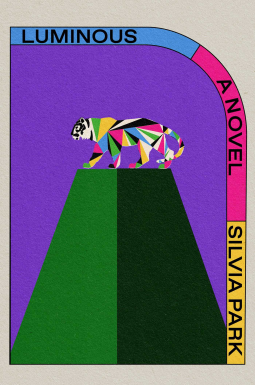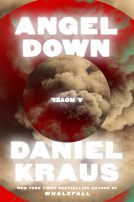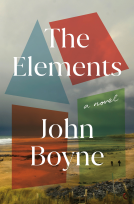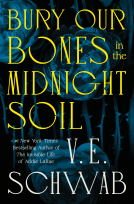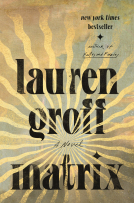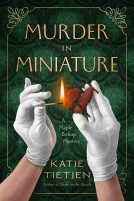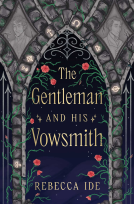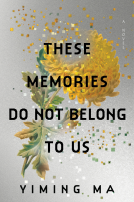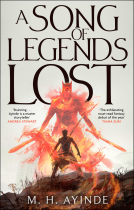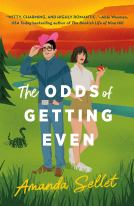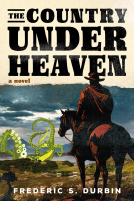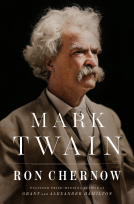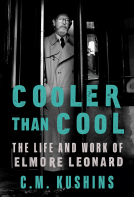Luminous
by Silvia Park
You must sign in to see if this title is available for request. Sign In or Register Now
Send NetGalley books directly to your Kindle or Kindle app
1
To read on a Kindle or Kindle app, please add kindle@netgalley.com as an approved email address to receive files in your Amazon account. Click here for step-by-step instructions.
2
Also find your Kindle email address within your Amazon account, and enter it here.
Pub Date Mar 11 2025 | Archive Date Apr 30 2025
Talking about this book? Use #Luminous #NetGalley. More hashtag tips!
Description
“I once had a family. At least, the earliest version of me had a family.”
In a reunified Korea of the near future, the sun beats down on a junkyard filled with abandoned robots, broken down for parts. Eleven-year-old Ruijie sifts through the scraps, searching for a piece that might support her failing body. There among the piles of trash, something catches her eye: a robot boy—so lifelike and strange, unlike anything she’s ever seen before.
Siblings Jun and Morgan haven’t spoken for years. When they were children, their brother Yoyo disappeared suddenly, leaving behind only distant memories of his laughter and near-human warmth. Yoyo—an early prototype of a humanoid robot designed by their father—was always bound for something darker and more complex. Now Morgan makes robots for a living and is on the verge of losing control of her most important creation. Jun is a detective with the Robot Crimes Unit whose investigation is digging up truths that want to stay buried. And whether they like it or not, Ruijie’s discovery will thrust their family back together in ways they could have never imagined.
At once a thrilling work of speculative fiction and a poignant exploration of what it really means to be human, Luminous is an unforgettably brilliant debut.
Advance Praise
“[Luminous] is a spectacular debut, taking place in a thoroughly imagined, vividly written future. Harrowing but full of heart, a work of enormous ambition and brilliance with an ending that fully justifies the title and brought me to tears.” —Karen Joy Fowler, New York Times bestselling author of We Are All Completely Beside Ourselves
“Luminous is warm, expansive, and particular. Park renders the intersection between family and technology with wit and philosophical depth, but ultimately this is just incredibly exciting to read. It’s utterly beautiful.” —Raven Leilani, bestselling author of Luster
“Luminous is full of complex characters, damaged and broken and beautiful. It's a novel full of pleasures, big and small, gorgeous sentences from which Park weaves a rich, layered story of family and work, of history and speculation, of Korea, past, present and future. A bold exploration of what it means to have a mind, a body, a self, and even a soul. An impressive debut.” —Charles Yu, author of National Book Award winner Interior Chinatown
“Wildly and, yes, luminously emotional.”—Matt Haig, New York Times bestselling author of The Midnight Library, via Instagram
“Searching and masterful, Park’s Luminous engrossed me completely. Each broken robot, child, and warrior takes the elusive promise of family to a whole new level. I was honestly blown away.” —Sierra Greer, author of Annie Bot
Available Editions
| EDITION | Other Format |
| ISBN | 9781668021668 |
| PRICE | $29.99 (USD) |
| PAGES | 416 |
